The recent 8th Central Conference (13th tenure) discussed the roadmap for implementing the new salary regime, concretizing Resolution No. 27 of the 7th Central Conference (12th tenure) on reforming salary policy for cadres, civil servants, public employees, armed forces and employees in enterprises, expected to be implemented from July 1, 2024.
This content is being considered by the National Assembly Standing Committee for comments at the ongoing 27th session.
Speaking to VNA reporters, Minister of Home Affairs Pham Thi Thanh Tra said the whole country has saved VND500,000 billion to prepare for salary reform in the years 2024-2026.
Reorganize the current allowance regime, ensuring the new salary structure
- Millions of officials, civil servants and public employees are expecting salary policy reform. Dear Minister, how will the new salary regime in the public sector change?
Minister Pham Thi Thanh Tra: Wage policy is a particularly important policy of the socio-economic policy system; it is a resource and a driving force for the country's development.
Resolution 7 of the 12th Central Committee clearly stated the viewpoint: salary must truly be the main source of income to ensure the lives of workers and their families, creating motivation to liberate production capacity, improve labor productivity and work efficiency of workers.
The implementation of salary reform contributes to improving the quality and efficiency of work, public service ethics and professional ethics. At the same time, it cleans up and improves the effectiveness and efficiency of the political system, and stabilizes human resources in the public sector.
Based on the content of salary policy reform in Resolution No. 27-NQ/TW, the new salary regime for cadres, civil servants, public employees and armed forces includes 6 contents.
The new salary system is built according to job positions, titles and leadership positions, replacing the current salary system, including 5 salary tables: 1 position salary table, applied to cadres, civil servants, and public employees holding leadership positions (elected and appointed) in the political system (including public service units) from the central to commune level; 1 professional and technical salary table for civil servants and public employees not holding leadership positions; 3 salary tables for the armed forces.
At the same time, rearrange the current allowance regimes, ensuring a new salary structure, including: basic salary accounting for about 70% and allowances accounting for about 30% of the total salary fund; adding a bonus fund equal to about 10% of the total salary fund of the year (excluding allowances). Complete the salary increase regime in sync with the issuance of the new salary table.
An important content to ensure feasibility is the funding source to implement the new salary regime.
The final content is salary and income management; which clearly defines the authority and responsibility of the head in implementation; applying additional salary; and allocating salary funds.
It can be said that never before has a salary policy been built in such a systematic and comprehensive manner with so many breakthrough contents.
In the context of many economic difficulties, without conditions to implement salary reform, based on the direction of the Central and the National Assembly, the Government has adjusted the basic salary twice in 2019 and 2023, in order to reduce difficulties in the lives of people receiving salaries and allowances from the state budget.
Compared to 2018, before Resolution No. 27, the basic salary was adjusted to increase by 29.5%, higher than the consumer price index announced by the General Statistics Office and the minimum wage increase in the business sector (17.74%).
- Could the Minister please tell us the roadmap for implementing salary reform in the public sector?
Minister Pham Thi Thanh Tra: We advise the Government to submit to competent authorities that from July 1, 2024, a new, synchronous and unified salary regime will be implemented for cadres, civil servants, public employees, and armed forces in the entire political system in accordance with Resolution No. 27.
After 2024, the Government will continue to adjust salary levels in the salary tables to compensate for inflation and improve somewhat according to GDP growth until the target of this Resolution is achieved.
To implement the contents of the new salary regime, according to the Ministry of Finance's estimates, the budget must increase the budget for public sector salary reform to a very large extent. The total estimated need for additional budget funding in the 2024-2026 period is nearly VND500 trillion.
With this budget, the Government will synchronously implement 6 contents of the new salary regime according to Resolution No. 27.
Saving 500,000 billion VND to prepare for salary reform
- So the funding source for salary reform is huge. People are very concerned about the question "where is the money to increase salaries?" Can the Minister provide information on this issue?
Minister Pham Thi Thanh Tra: This is a very important issue, decisive in implementing the salary reform policy.
The resources to implement wage policy are enormous, so in Resolution 27, the Central Committee requested "resolutely implementing financial and budgetary solutions, considering this a breakthrough task to create resources for wage policy reform."

And since 2018, ministries, branches and localities have prepared resources for salary reform. These are resources from restructuring budget expenditures in each sector, 40% increase in central budget revenue (applied from 2018), 70% increase in actual revenue compared to local budget estimates to create resources for salary reform (applied from 2019).
In addition, the source of money from 10% of regular spending savings; from the source of streamlining the payroll... is also used for salary reform.
In recent times, with the outstanding efforts of the Ministry of Home Affairs in perfecting the institutions related to organizational structure and streamlining the payroll, up to now, our entire political system has reduced nearly 11% of the civil servant payroll and nearly 15% of the public employee payroll receiving salaries from the state budget; 49.7% of commune-level cadres, civil servants and non-professional workers at the commune level compared to 2015.
Thanks to the active participation of the entire political system, we have strongly reorganized the apparatus and reduced nearly 8,000 public service units, streamlined administrative organizations from the central to local levels, especially the reorganization of district and commune-level administrative units in recent times, with a significant reduction in staff.
According to the Ministry of Finance's report from 2017 to present, the restructuring of the apparatus and reduction of staff has saved the state budget nearly 35,000 billion VND.
In addition, recently, although the economy is still facing many difficulties, the Government and ministries, sectors and localities have "tightened their belts." Up to now, the whole country has saved 500,000 billion VND to prepare for salary reform in the years 2024-2026.
Currently, the Ministry of Finance has proactively arranged resources for salary reform according to the requirements of the Central Government, the National Assembly and the Government. This is the close and drastic leadership and direction of the Central Government, the Politburo, the National Assembly, the Government and the great efforts of the central and local ministries, branches with great determination to create resources for salary reform in the context of many economic difficulties.
- What do we need to do to solve the problem of long-term funding sources towards the goal of the lowest salary of cadres, civil servants and public employees being equal to or higher than the lowest salary of the highest region of the business sector as proposed in Resolution No. 27, Minister?
Minister Pham Thi Thanh Tra: To ensure a sustainable salary reform roadmap and achieve the set goals, there are many things to do both in the short and long term; especially how to make the "pie" of the salary budget grow and the number of people receiving the budget at a reasonable level, meeting the requirements of state management tasks and serving the people.
We will have to synchronously implement solutions to increase revenue, save on expenses other than salaries, and at the same time streamline the organizational apparatus, associated with streamlining the payroll at a reasonable level.
In addition to implementing the salary reform roadmap, in my opinion, agencies also need to continue to increase revenue, save expenses and develop fundamental solutions to create resources for salary policy reform. Among them, it is necessary to identify the construction and completion of the job position system as a fundamental solution to implement salary policy reform. Complete the civil service system, ensure salary payment according to leadership title and job position.
In the coming time, the Ministry of Home Affairs will continue to promote the arrangement of a streamlined, effective and efficient apparatus; including continuing to arrange administrative units at district and commune levels; arranging public service units; streamlining the payroll in accordance with the spirit of Resolution 6 of the 12th Central Committee.
I hope that with the attention of the Central Committee, the Politburo, the National Assembly and careful preparation by the Government, ministries, branches and localities, we will have enough resources to implement salary reform, meeting the long-standing expectations of millions of cadres, civil servants, public employees and workers.
- Thank you very much, Minister!
VNA
Source link










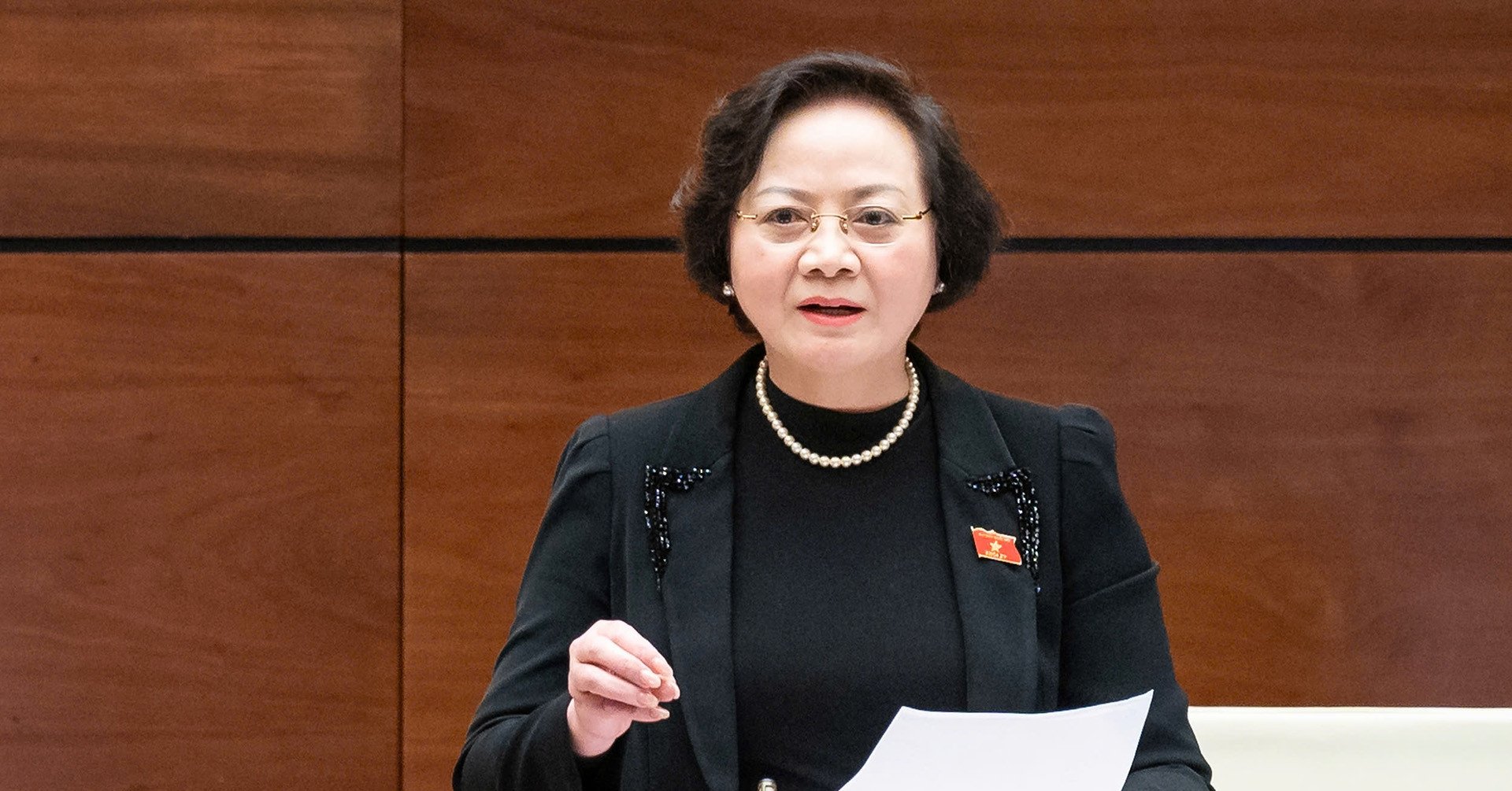

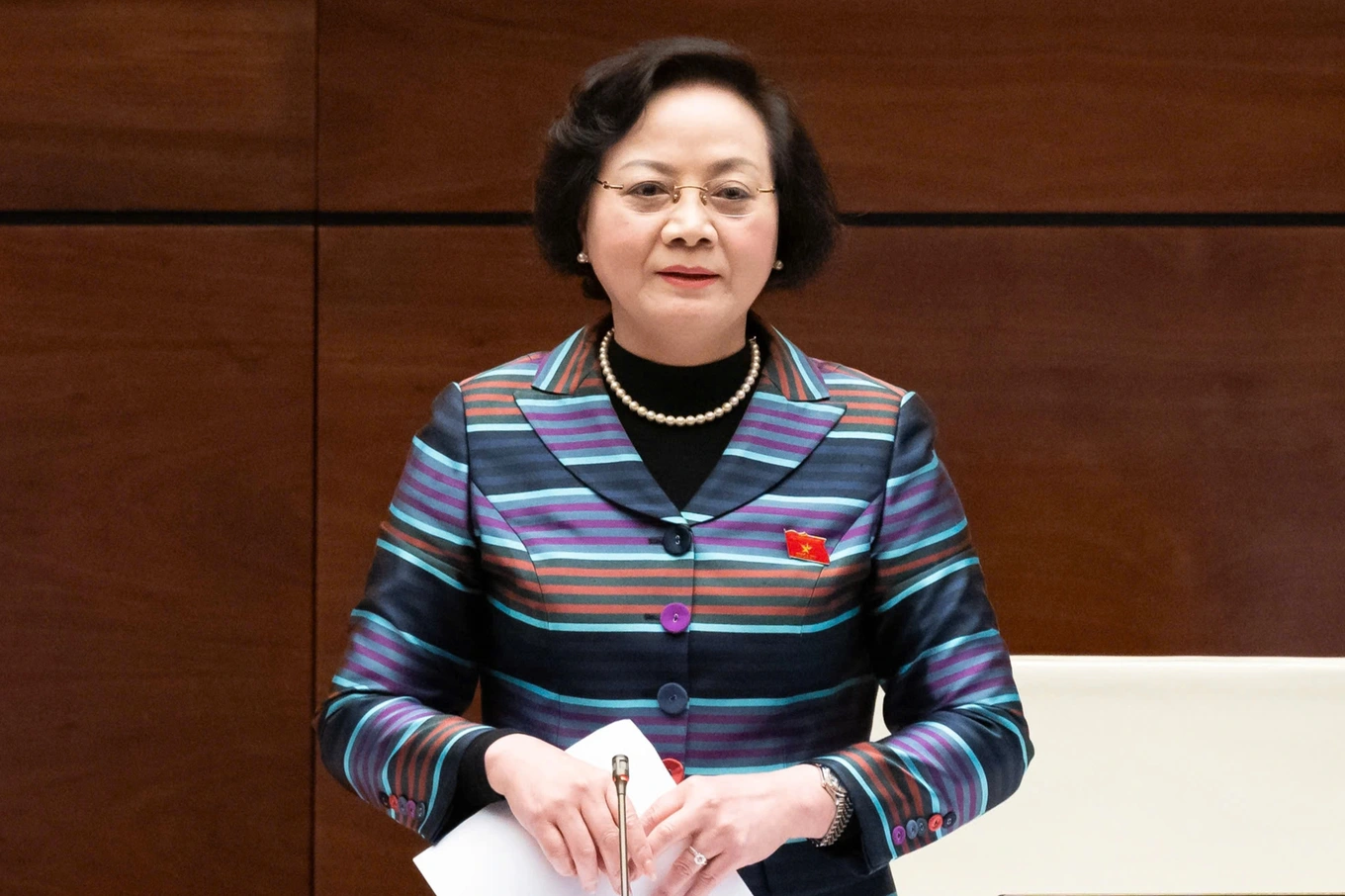
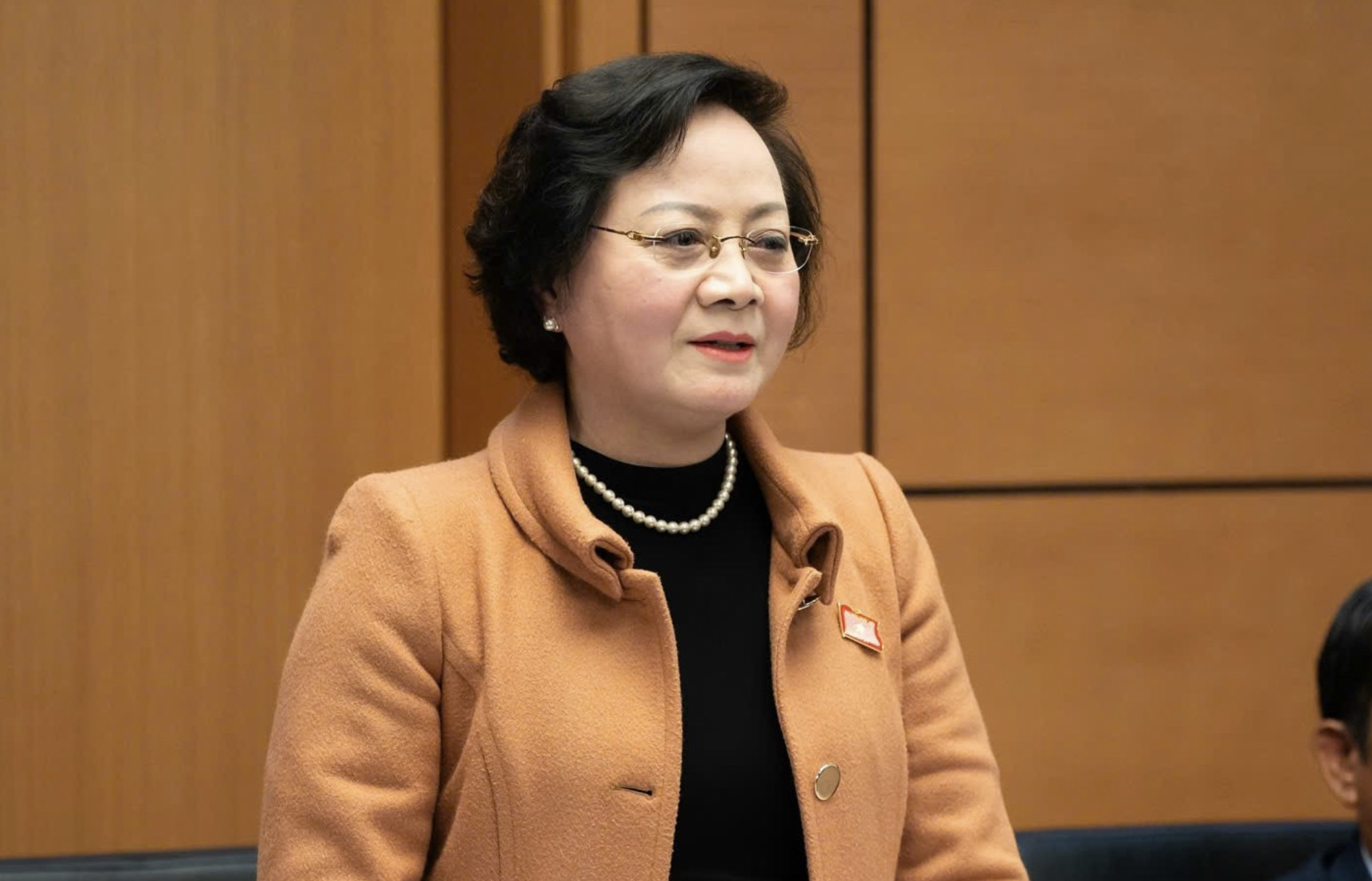
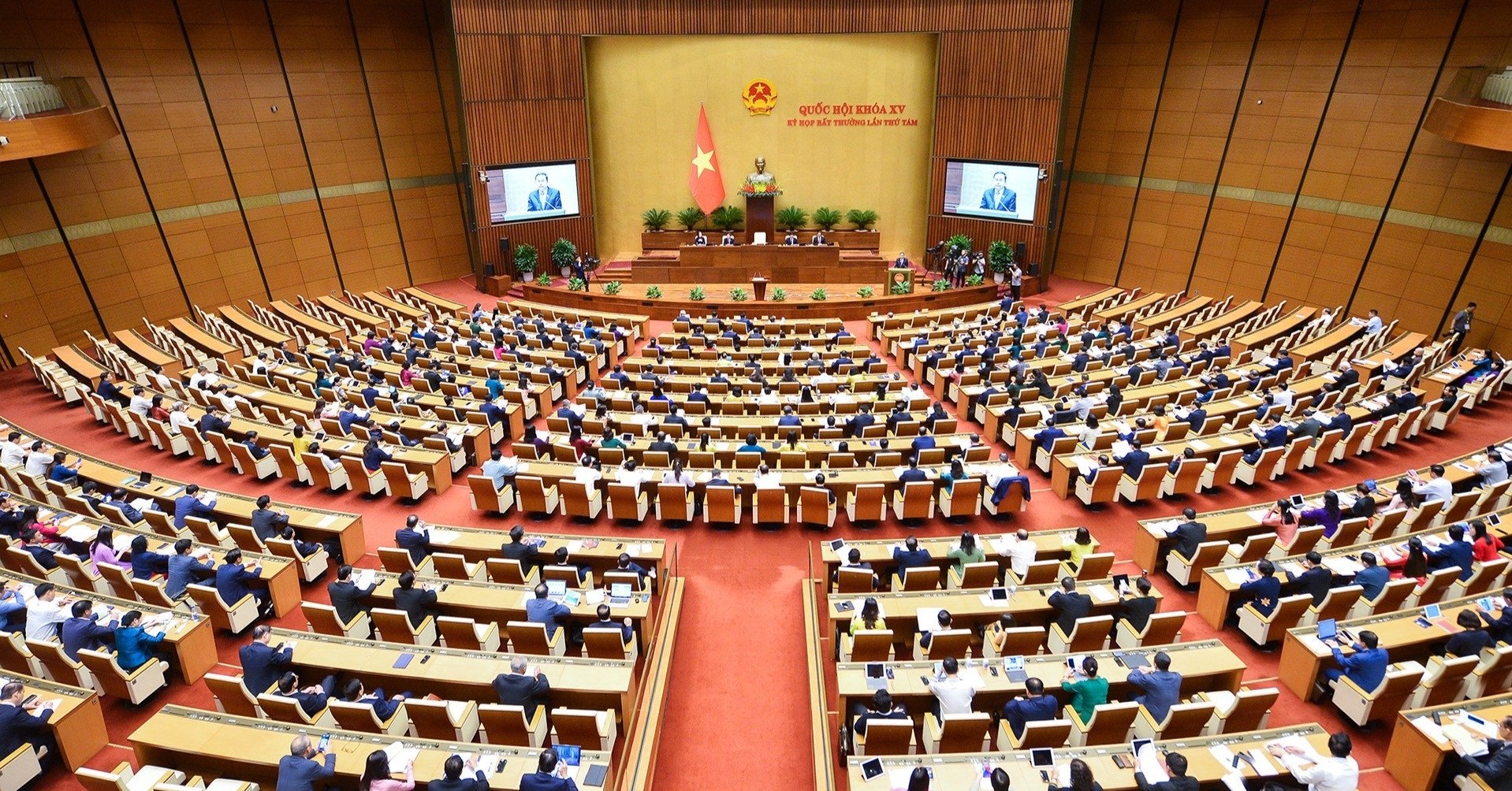
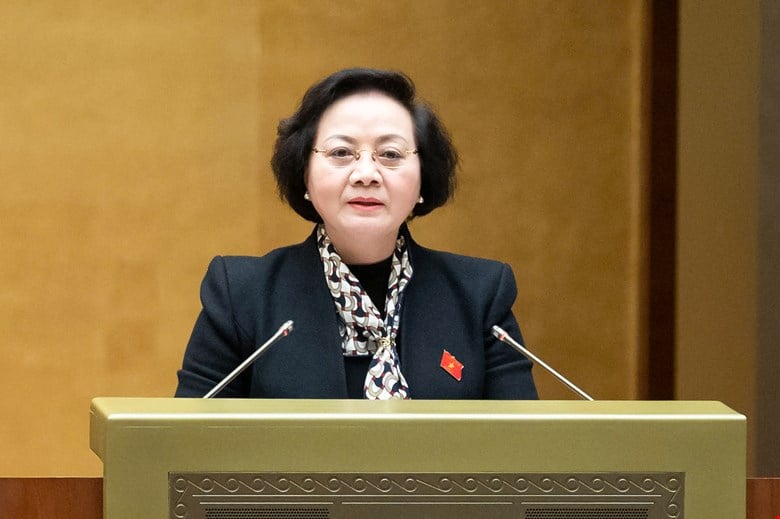













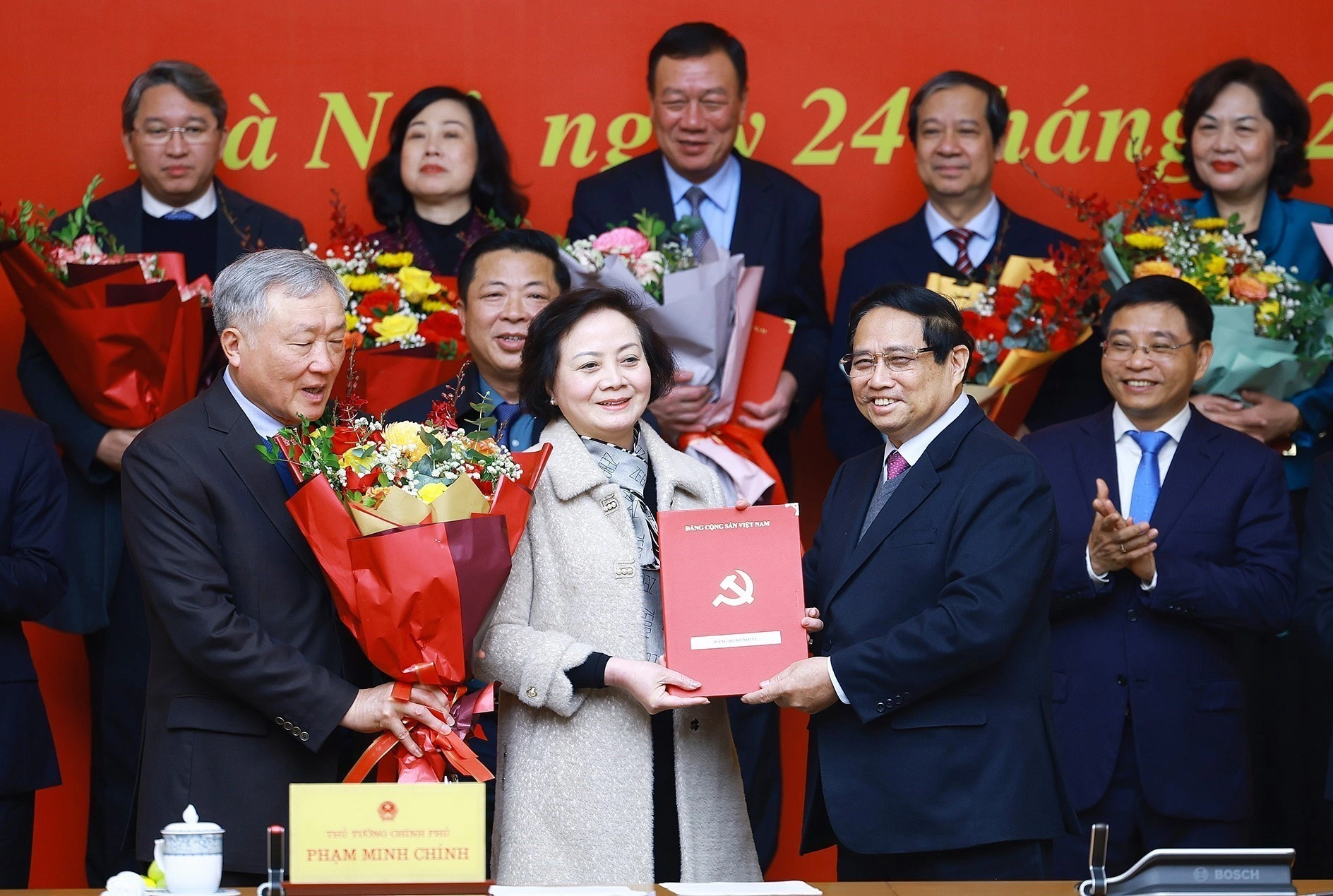









![[Photo] Prime Minister Pham Minh Chinh chairs Government Conference with localities on economic growth](https://vstatic.vietnam.vn/vietnam/resource/IMAGE/2025/2/21/f34583484f2643a2a2b72168a0d64baa)

























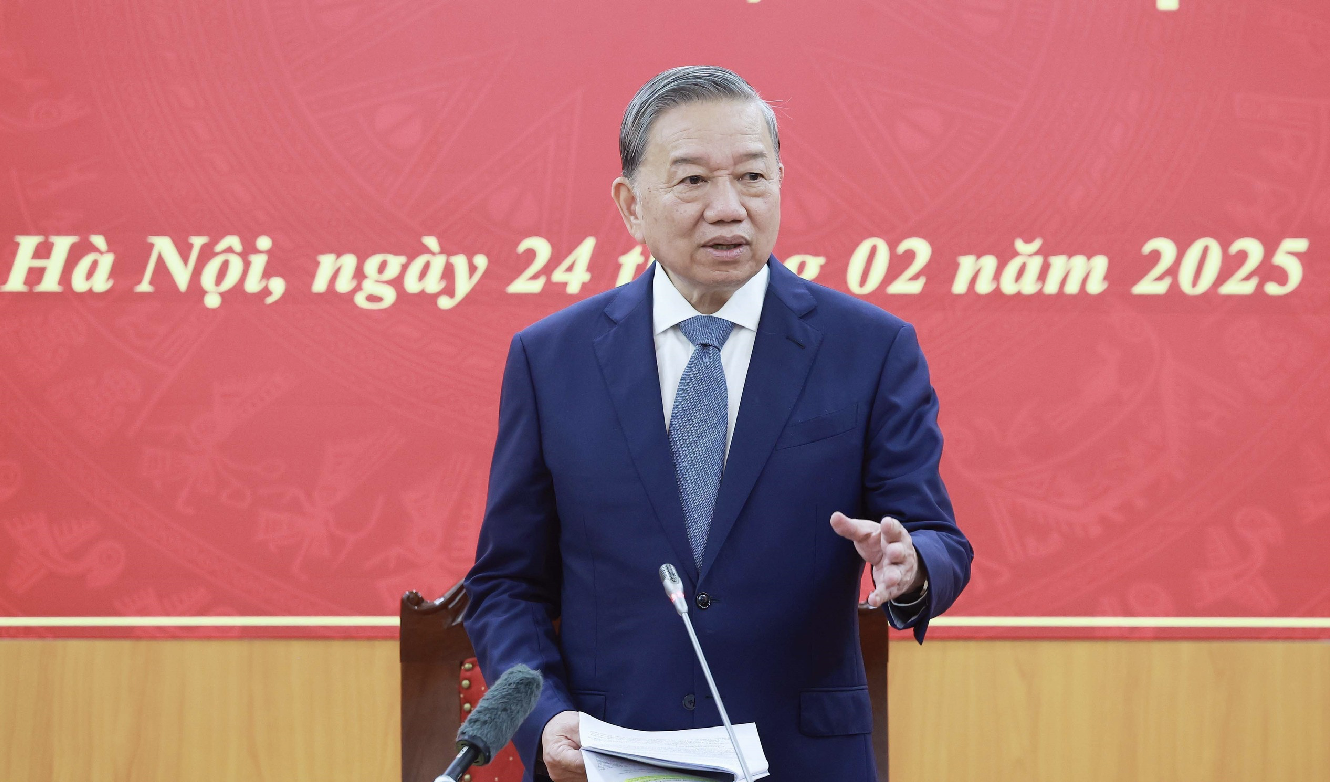
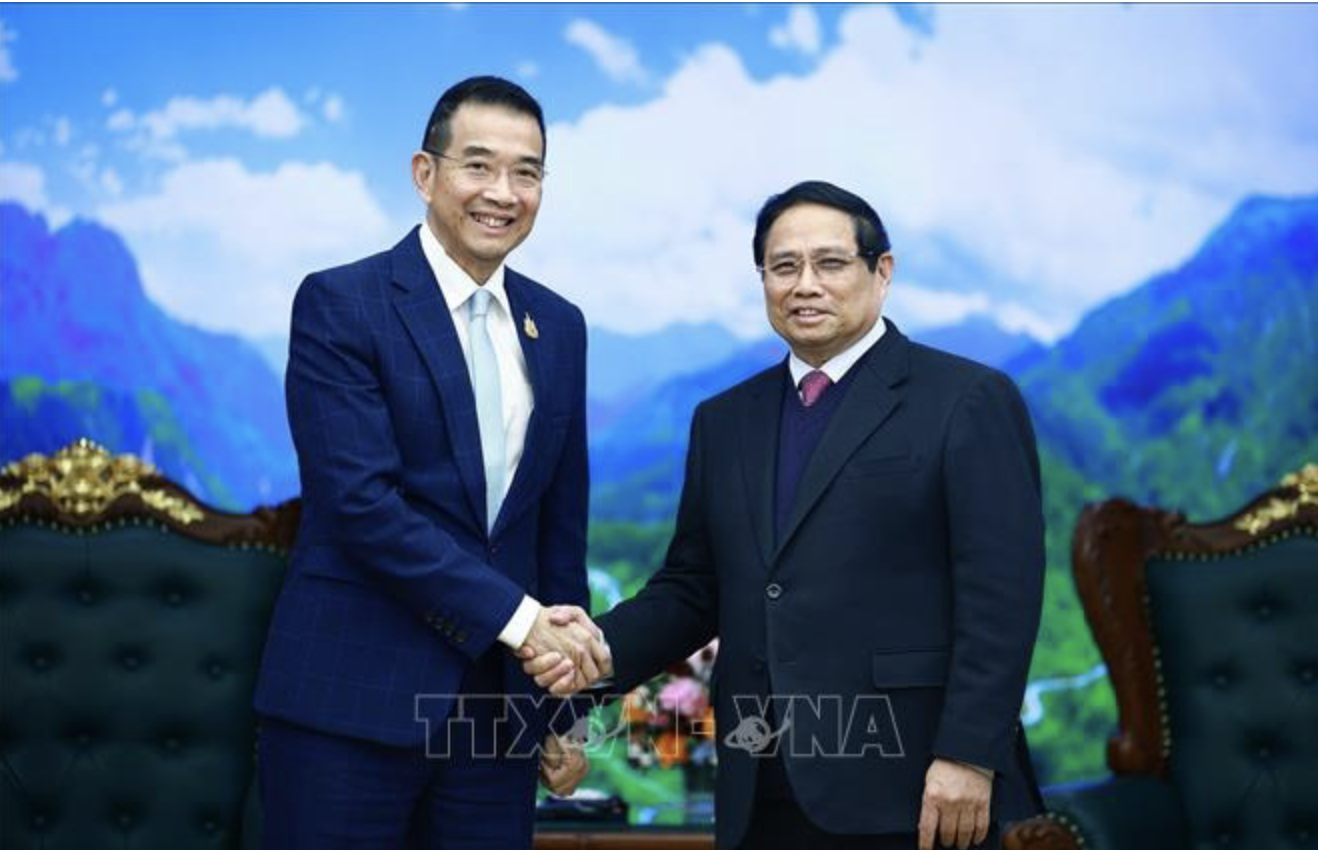

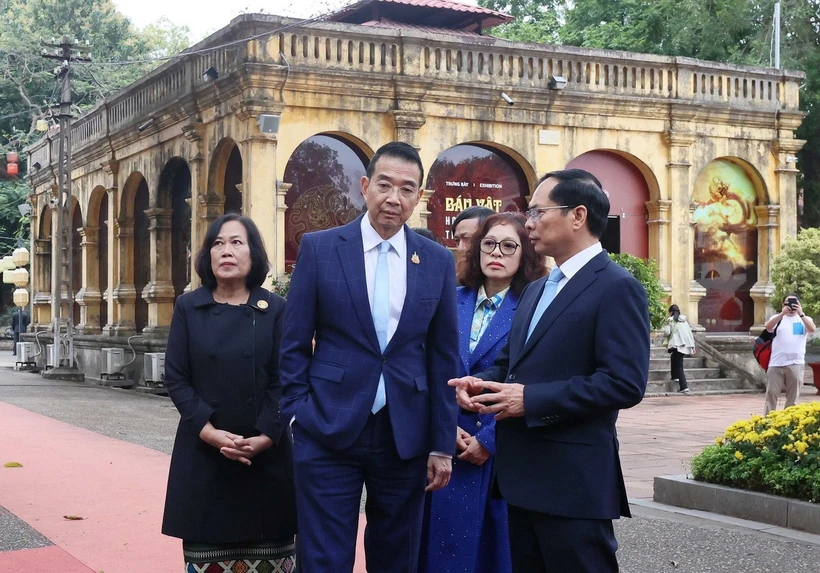






















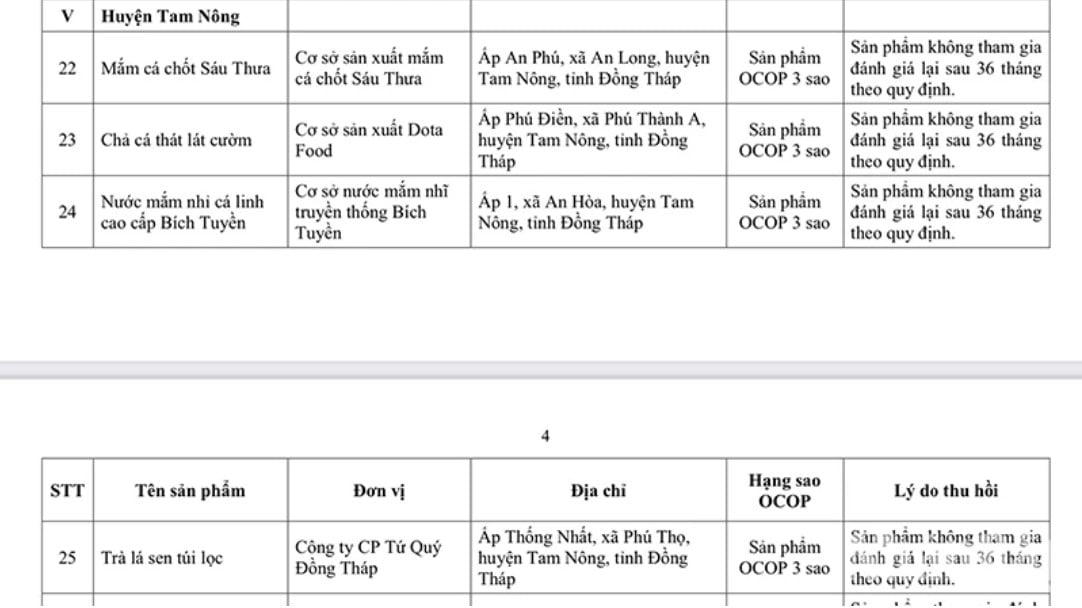




Comment (0)